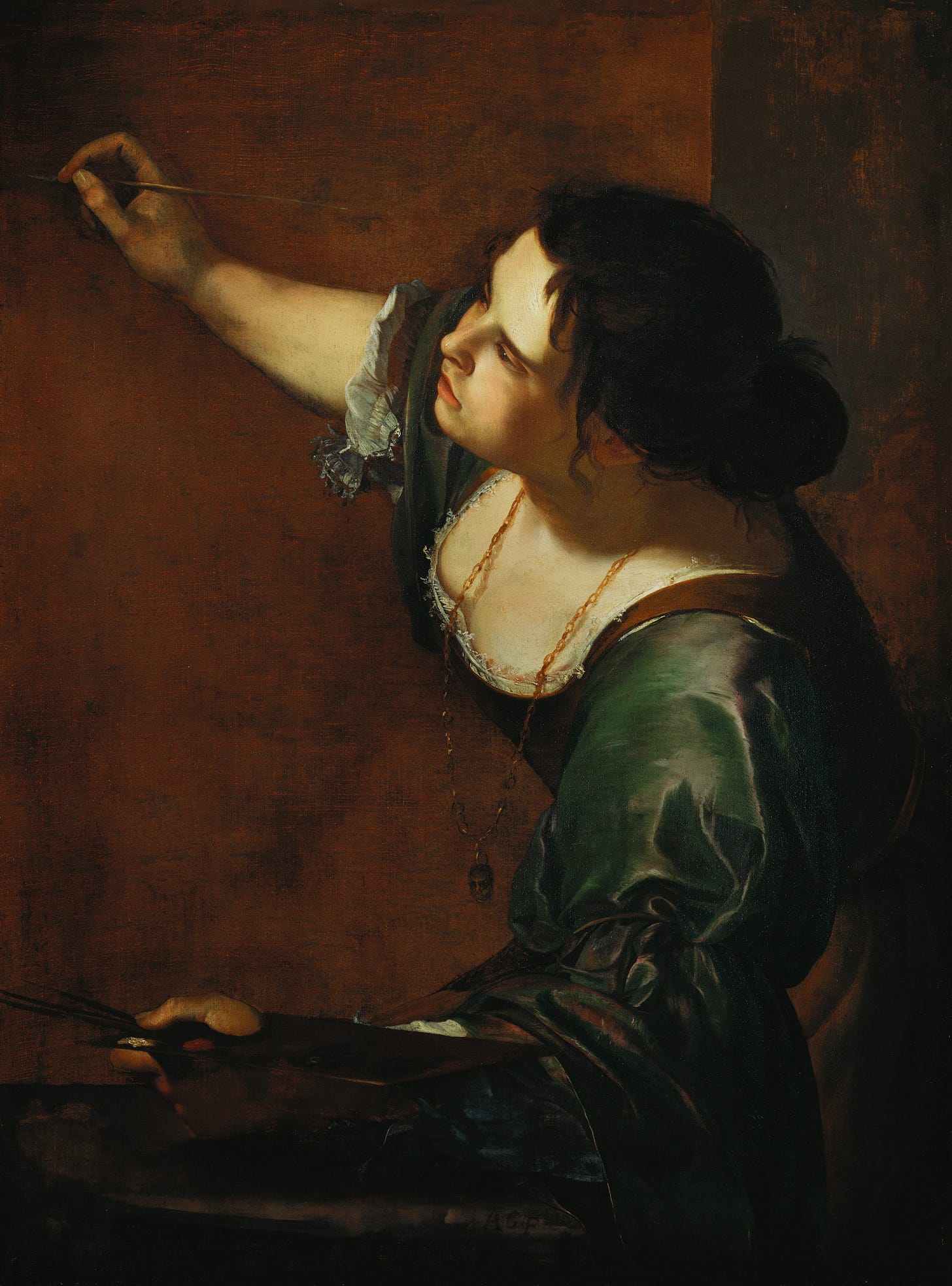Welcome to the Mezzanine Society
A rebrand.
The time has come for me to accept that we’re not just thinking of getting into things—we’re fully in it. This newsletter has evolved over the past year and a half from a weekly send for hobbyists to something with a more rigorously defined goal: to make the arts more widely appreciated and accessible to an audience who share common interests, but may lack distinct points of entry.
You know, by now, that the domain of this newsletter is the high-brow—the ballet, the opera, and the symphony hardly have reputations as being approachable. But this is by effect of the capital systems and institutions which have cloistered the fine and performing arts into areas that are, for so many reasons, difficult to enter. There are financial barriers, often enough. But so too is there a paucity of information that makes these disciplines exciting, energetic, and compelling to the audiences that arts institutions so desperately want to attract.
It doesn’t have to be that way.
Through Mezzanine Society, you’ll continue to get the weekly recaps and analysis on what’s going on in the worlds of dance, opera, classical music, museums, literature, and more. I hope you may also find a burgeoning passion and growing curiosity for these arts—and perhaps, down the line, a community with whom you can enjoy them (the chat is now open to all). This is all to say that a rebrand is just a start.
Why mezzanine? Because sometimes the seat that’s more accessible is the one that gives you an even greater vantage point to thoughtfully consider what’s in front of you.
Thank you for subscribing. You can follow Mezzanine Society on Instagram here.
There’s just something about Gustavo Dudamel that has this performance season of the New York Philharmonic feeling extra special. The Venezuelan conductor doesn’t officially take the reins as artistic director until next year, but he still kicked off the season conducting some bold programs: there was Béla Bartók (his third piano concerto, written the year he died, in 1945, and performed by the fast-rising Yunchan Lim), native Hawaiian composer Leilehua Lanzilotti, Beethoven’s Fifth, and John Corigliano’s Symphony No. 1, written as a memorial to victims of the AIDs crisis. (Justin Davidson, for New York magazine, offers a comprehensive review). In the spring, he’ll present a world premiere of Pulitzer Prize-winning composer David Lang’s “the wealth of nations” (a commission that is, fascinatingly, inspired by Adam Smith’s 1776 economic treatise), Ellen Reid’s “Earth Between Oceans” (a co-commission with the LA Phil), and others, including Stravinsky’s “The Firebird Suite.”
(For those paying attention, that means that New York City Ballet, American Ballet Theatre, Dance Theatre of Harlem, and the NY Phil are all putting on their own productions of The Firebird in 2026….surely this must signify something.)
Anyway, Dudamel seems like a cool guy, and he recently enjoyed a hot dog from Gray’s Papaya with the New York Times’s James Barron while chatting about his current read: Jan Swafford’s Beethoven: Anguish and Triumph. Dudamel is a fan of the composer. In 2022, alongside Deaf West Theatre, he conducted a production of his only opera, Fidelio—which Beethoven wrote while going deaf—with the LA Phil and Manos Blancas Choir, a Venezuelan company of deaf musicians. His wife, the director María Valverde, followed the process for her documentary, El canto de la manos, which premiered at the Málaga Film Festival in March.
New Yorkers have a lot to be excited about. The musicians of the Philharmonic are feeling the hype, too. “Every single week will be an event. We’re doing repertoire that we’ve never played—world premieres and new music,” clarinetist Pascual Martínez Forteza told Playbill. “He has a special chemistry with the orchestra. I’ve been here 25 years, and I have never felt that kind of connection with anyone. It’s that body language magic—he makes you play better.”
Yes, people are listening to classical music at higher rates—record audiences at the BBC Proms are proof. The concert series saw its largest-ever digital audience, with streams increasing 25 percent from 2024. The BBC reported that 40 percent of its in-person audience (which it a total of nearly 300,000) were under 40 years olds. Half of attendees were first-time visitors.
There’s a new concert hall in town in St. Louis. The city’s Powell Hall—the home of the St. Louis Symphony Orchestra—has reopened after a $173 million renovation and 65,000-square foot expansion. It is now the Jack C. Taylor Music Center.
The Israeli conductor Ilan Volkov, who we mentioned last week as he condemned the Israeli government in his appearance at the BBC Proms, was arrested while protesting at the Israel-Gaza border. He was reportedly released later that day, according to the UK’s Channel 4 News.
Sandra Oh will make her Metropolitan opera debut in a non-singing role, in Donizetti’s La Fille du Régiment. It opens October 17.
Below the paywall: a new museum from Unesco, the rise of the biennial, what choreographer Wayne McGregor doesn’t want to explain, and more.




